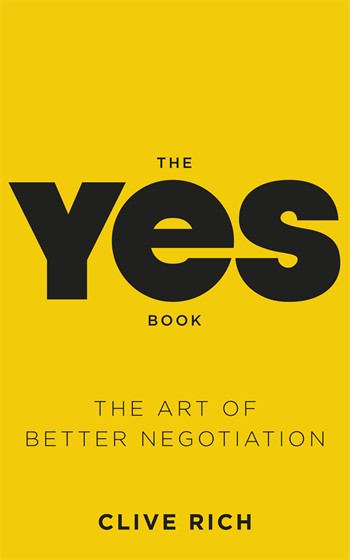 The hostile state of mind at the TUC conference last week, and the ominous planning of strikes, does not bode well for Industrial relations in the UK over the coming months.
The hostile state of mind at the TUC conference last week, and the ominous planning of strikes, does not bode well for Industrial relations in the UK over the coming months.
The problem here seems to have been that all the normal stages of a negotiation have been skipped, as a result of the Government’s Pensions Review, and the desired outcome has been declared by the Government without there really being a negotiation.
No doubt the urgent need to control public sector spending has been the driving force behind the Government’s thinking. As they look at the turmoil in EuroZone countries like Greece and Italy, and even the volatile US sovereign debt position, they must feel that the only sensible course of action is to continue to squeeze the public sector’s reliance on the taxpayer so as to demonstrate to Financial markets that the UK has its government spending under control. This makes sense logically – the UK is like any other business or family; if you owe too much money you either have to increase your revenues or cut your costs. Against this backdrop, a requirement for public sector workers to contribute more to their own pension plans as the population ages has some logic.
However, whilst the decision to curb the tax payer’s potential exposure to public sector pensions may make logical sense, it is clearly a decision in in which Union members have a stake and so they will have expected a negotiated solution. When you seek to impose a pre-determined solution on a party that is expecting to negotiate about it then you have to expect that a hostile climate is going to develop. This then results in the party that feels unfairly treated adopting protest tactics by way of punishment. They may not be able to get what they want, but they can make sure that the other party suffers instead! That is the situation in which we now find ourselves.
All the usual stages of a negotiation seem to have been missed, including:
– Preparation
– Climate setting
– Exploring the wants and needs on both sides
– Evaluating low value concessions (“coinage”) which can be given away in order to meet a high value need on the other side
– Bidding
– Bargaining
When stages to a negotiation have been skipped the only way to defuse the tension and get back to a positive dialogue is to re-set the climate from “hostile” to something more constructive – a “cool” climate which is objective and process-driven would be fine.
Then the other stages in the negotiation can begin to be tackled. The most important next step here will be the “exploring needs” stage. Both sides will have “reassurance” emotional needs in the dispute arising from the fact that this is fundamentally a “values” driven conflict, where both sides interpret the same situation differently for cultural or other reasons. The Government looks at public sector spending on pensions and sees an urgent need to reduce it driven by a sense of fiscal responsibility. The TUC and its members look at the same situation and see a need to protect its members from losing rights they have worked long and hard for.
Faced with this kind of conflict the parties can either find ways to address each other’s needs or find other values which subordinate the main conflict and around which they can agree. For example if we re-framed the issue as “how can we protect the next generation of public sector jobs for our children and for the benefit of society”, I expect both sides would find they had more in common in finding a resolution than they think…

